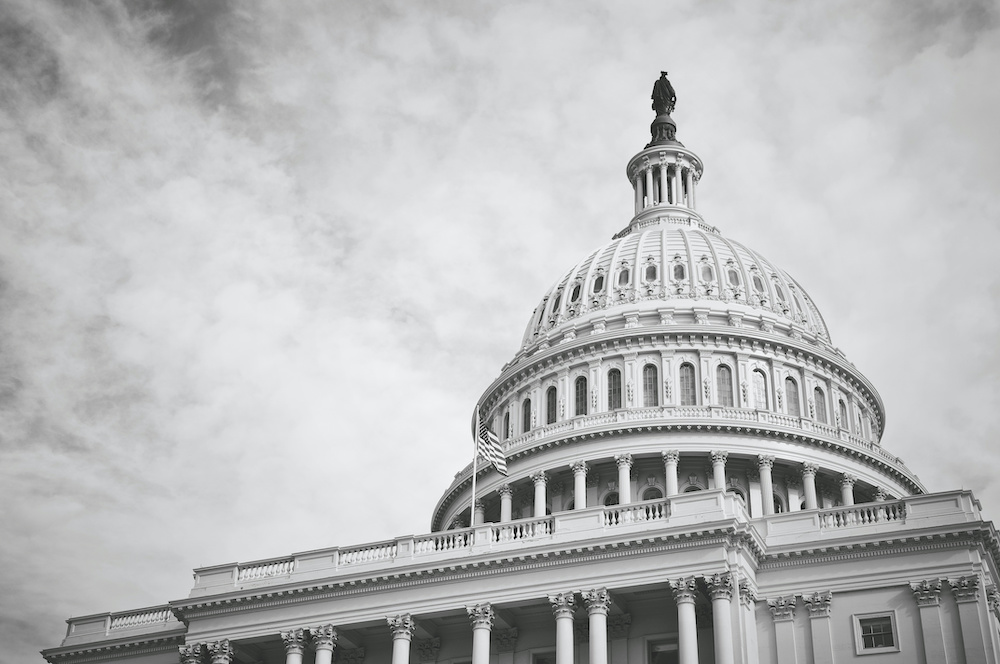
- Details
- By Native News Online Staff
Legislation that would call for Congress to investigate the federal government’s Indian boarding school policies, which led to the attempted termination and assimilation of Native Americans from 1819 through the 1960s, passed out of committee last week and is headed to the Senate floor.
The bill — the Truth and Healing Commission on Indian Boarding School Policies Act of 2024 —is legislation to investigate, document, and report on the histories of Indian boarding schools, Indian boarding school policies, and long-term impacts on Native communities.
“For more than a century, the federal government’s Indian Boarding School policies and practices sought to destroy Native languages, cultures, and identities. The Committee has heard from and reflected on over 100 comments from survivors, descendants, Tribal leaders, Tribal citizens, advocates, religious organizations, local governments, and experts about the need for Congress to act and help address the intergenerational impacts of the shameful history of Indian Boarding Schools,” said U.S. Senator Brian Schatz (D-Hawai‘i), chairman of the Senate Committee on Indian Affairs in a statement. “It’s long past time that we reckon with this painful history. Now that this bill is ready for floor action, I look forward to moving it through the Senate quickly.”
Currently, there are two versions of the bill making their way through both the House and Senate. The House version of the bill was reintroduced earlier this year by Representatives Sharice Davids (D-KS-03) and Tom Cole (R-OK-04), Co-Chairs of the Congressional Native American Caucus. In February, the bill was referred to three separate committees and one subcommittee to consider provisions that might fall within their respective jurisdictions. On June 13, a Congressional committee advanced the bill out of one of the committees, bringing the law one step closer to the House floor.
The Senate version of the bill was introduced by Senator Elizabeth Warren (D-MA) in May 2023, with bipartisan support from 26 mostly Democratic senators. In June 2023, the bill was referred to the Senate Committee on Indian Affairs, where it was amended and passed unanimously out of the Committee last week. Currently, its being prepared for a full Senate vote.
More Stories Like This
NCAI Passes Two Emergency Resolutions on Immigration Enforcement ActivitiesChickasaw Lighthorse Police Officer named Indian Country Law Enforcement Officer of the Year
Indian Gaming Association Rallies Broad Coalition Against Sports Event Contracts It Calls Illegal Threat to Tribal Sovereignty
Navajo Resources and Development Committee Issues Notice on Livestock Inspection Requirements
American Prairie, Tribal Coalition Files Protest Over Rescinded Grazing Rights
Help us defend tribal sovereignty.
At Native News Online, our mission is rooted in telling the stories that strengthen sovereignty and uplift Indigenous voices — not just at year’s end, but every single day.
Because of your generosity last year, we were able to keep our reporters on the ground in tribal communities, at national gatherings and in the halls of Congress — covering the issues that matter most to Indian Country: sovereignty, culture, education, health and economic opportunity.
That support sustained us through a tough year in 2025. Now, as we look to the year ahead, we need your help right now to ensure warrior journalism remains strong — reporting that defends tribal sovereignty, amplifies Native truth, and holds power accountable.
 The stakes couldn't be higher. Your support keeps Native voices heard, Native stories told and Native sovereignty defended.
The stakes couldn't be higher. Your support keeps Native voices heard, Native stories told and Native sovereignty defended.
Stand with Warrior Journalism today.
Levi Rickert (Potawatomi), Editor & Publisher


